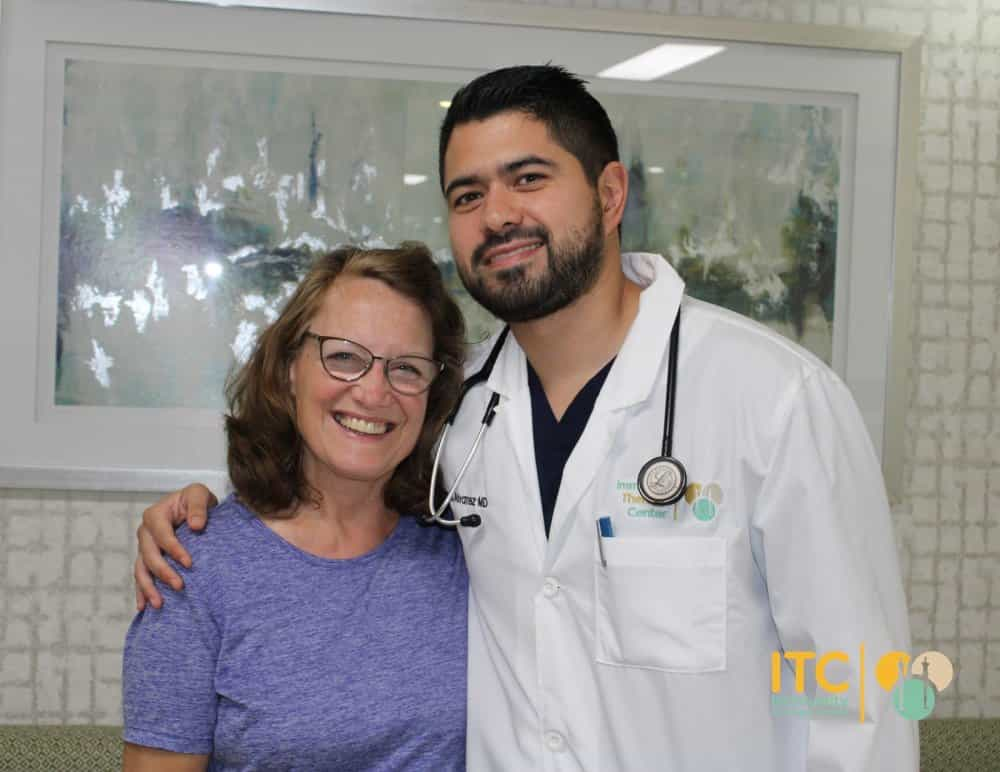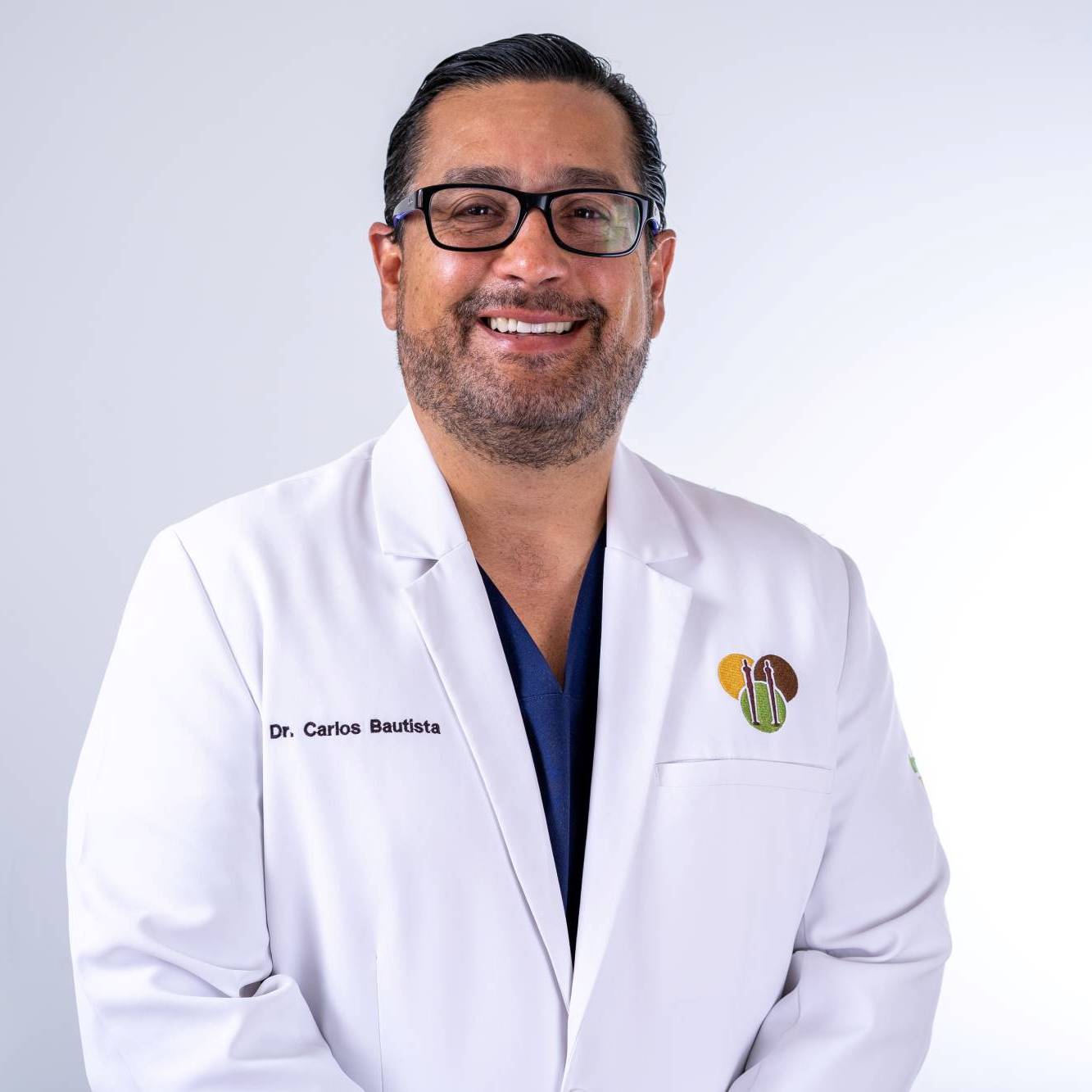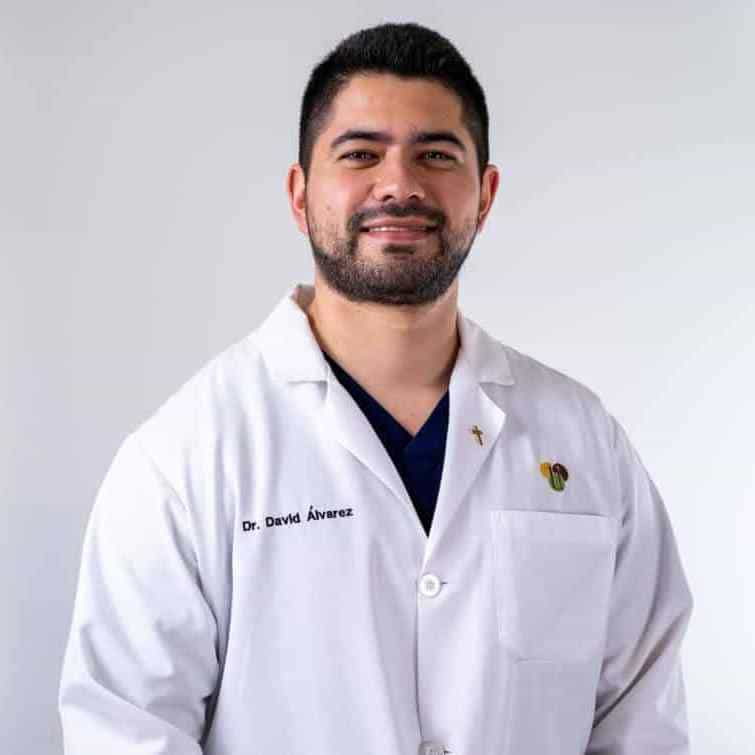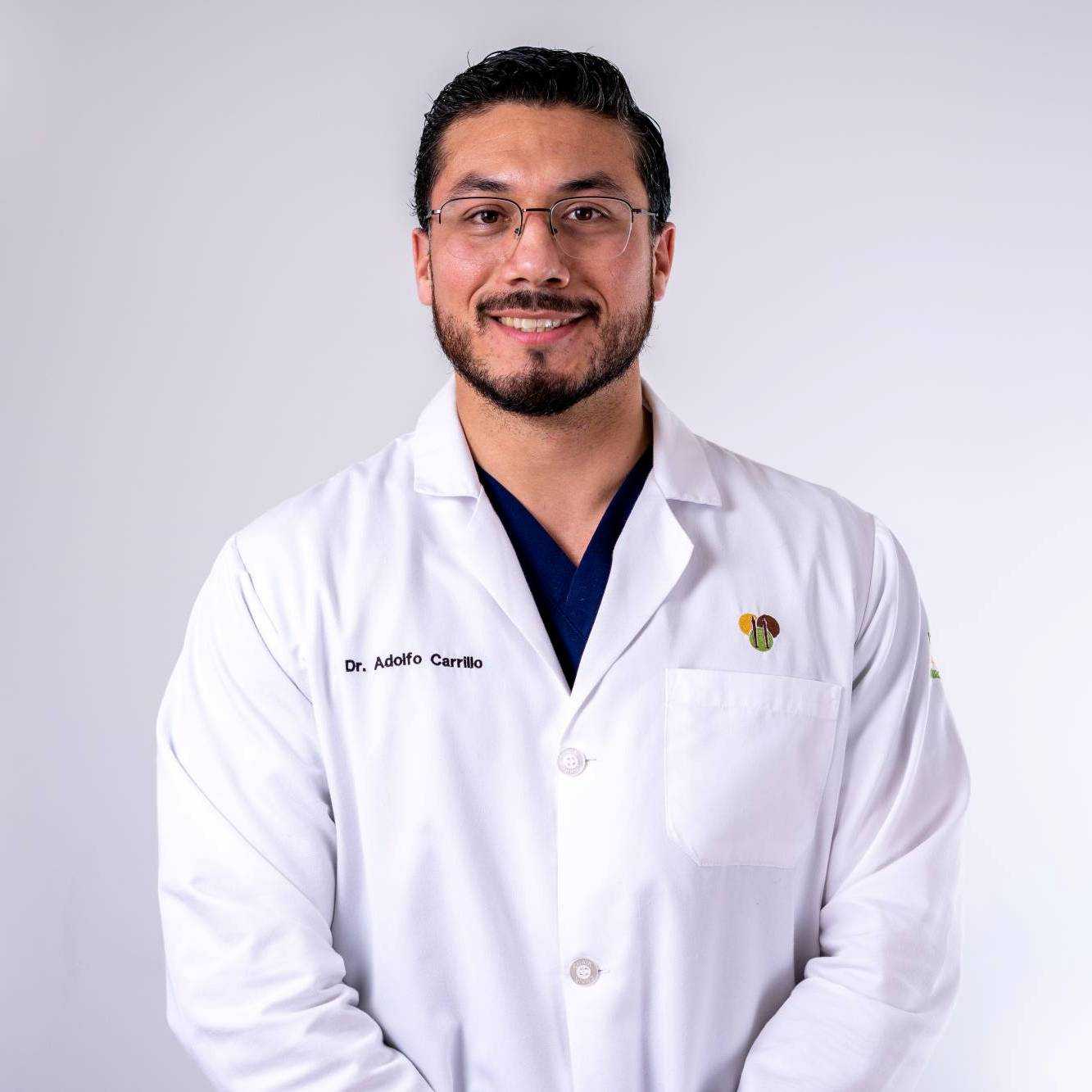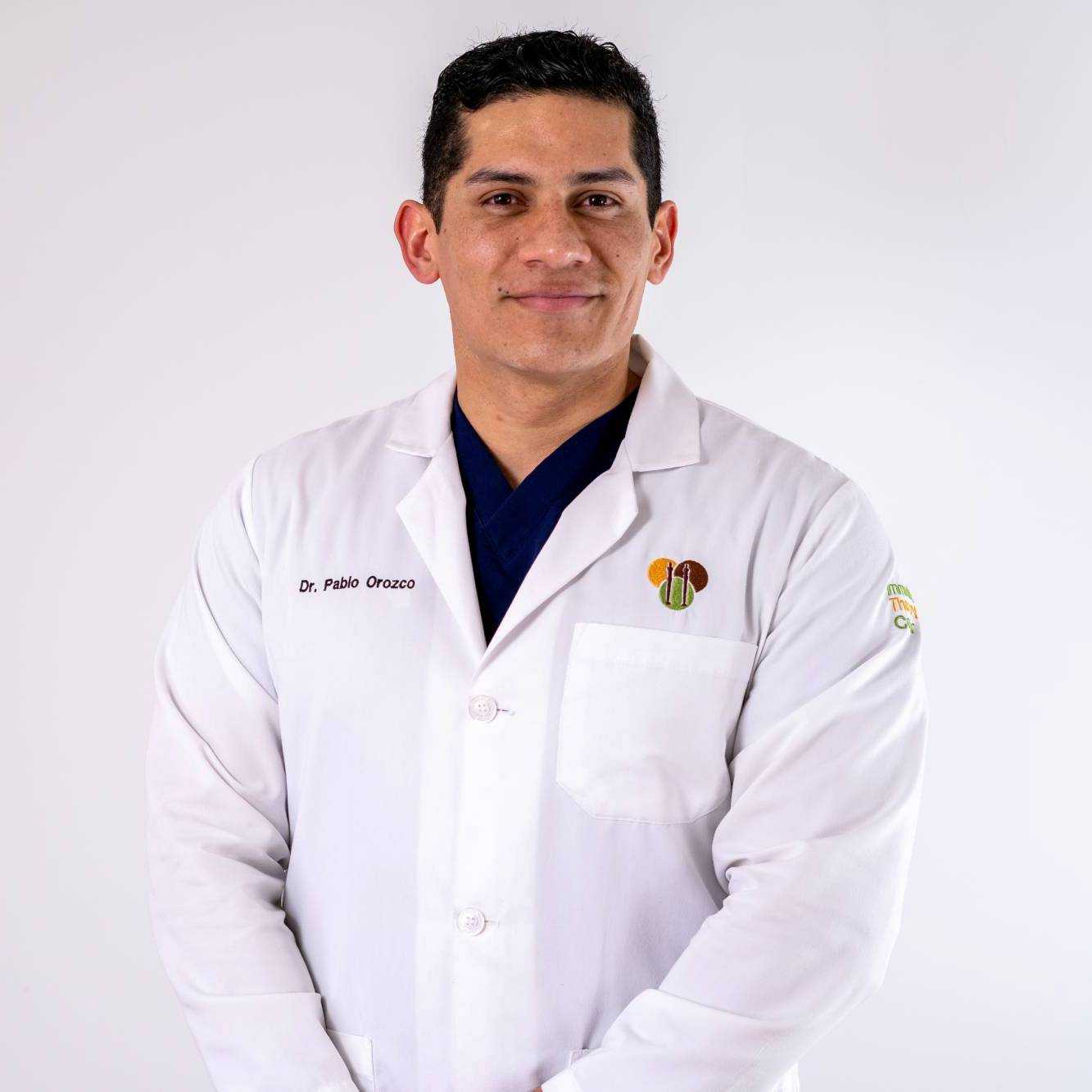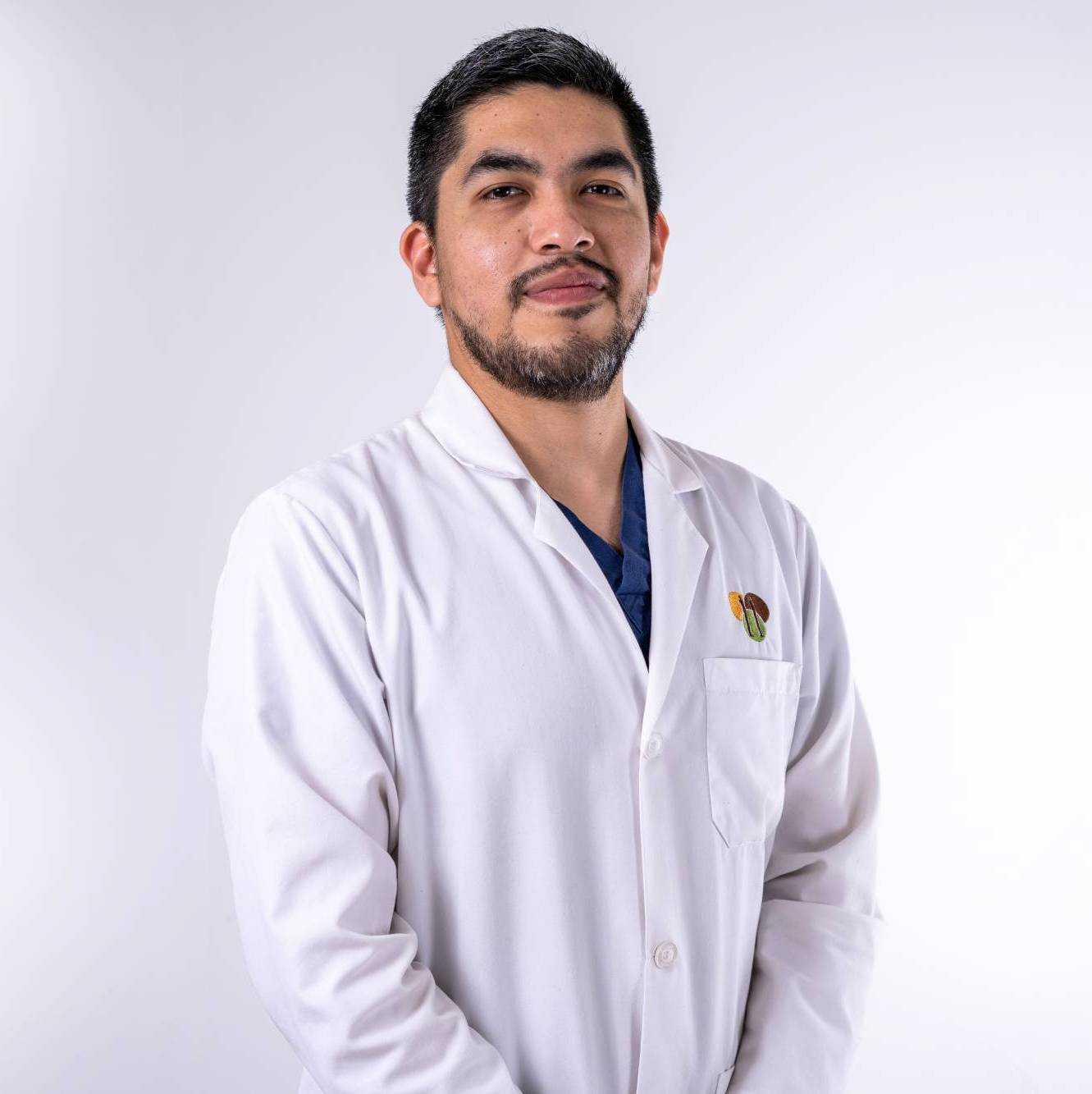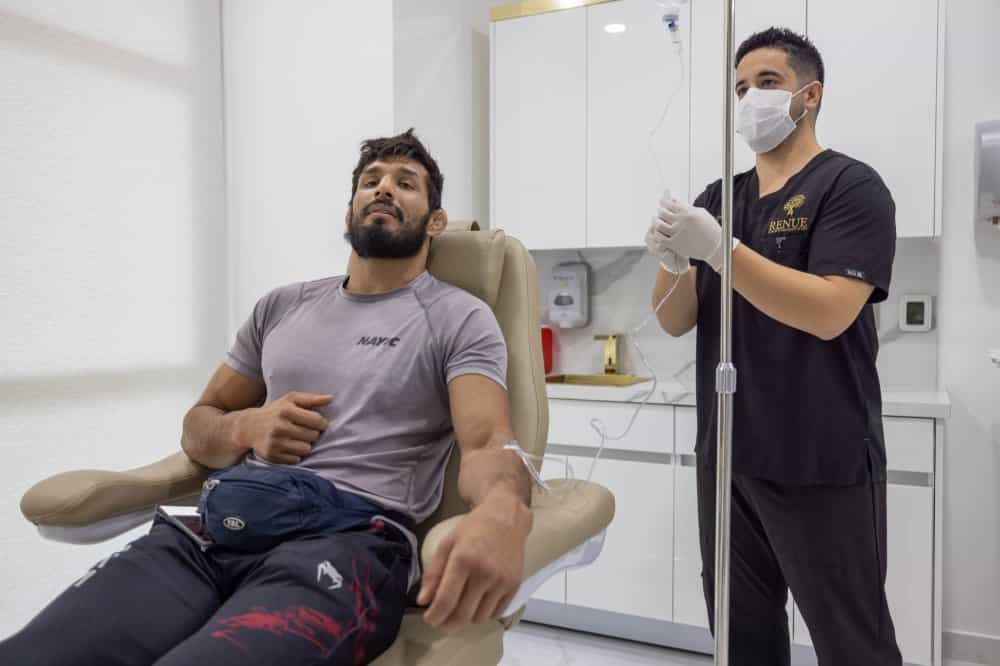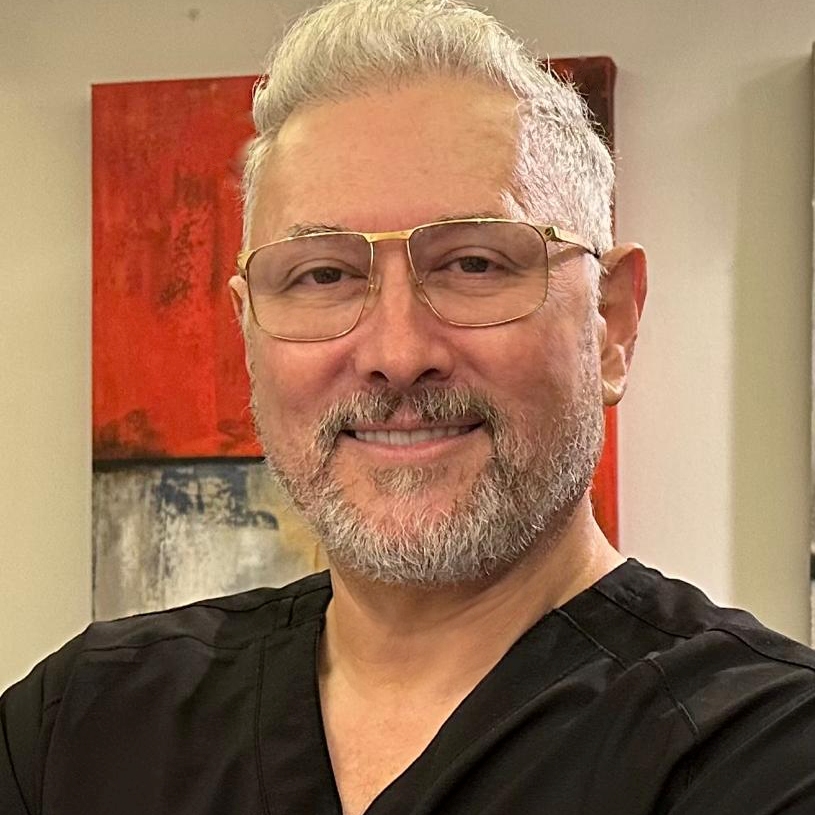Dr. Omar Gonzalez at Integra Medical Center (IMC) designed and developed a stem cell method where Parkinson's Disease (PD) patients are actually experiencing the reversal of brain damage and improving their lack of dopamine symptoms. Coordination and balance improved 80%; dependency on others improved 90%, and rigidity and stiffness was 70% better after receiving the stem cell therapy at IMC. Also, tremor and mental clarity improved by 60% and 50%, respectively. In the USA this therapy remains expensive and controversial, while a safe and affordable stem cell therapy is available now, just a few feet from the border crossing from Texas to Mexico.
Dr. Omar D. Gonzalez, founder and Medical Director of Integra Medical Center, has designed and developed a methodology of treatments which he has used for patients with Parkinson's Disease. His patients' conditions improve substantially after receiving Dr. Gonzalez' therapies. The methodology used by Dr. Gonzalez involves the use of stem cells which are safely prepared and managed in IMC's lab. IMC keeps the stem cells sterile and ready for implantation, adhering to the Center's protocol for their strict proprietary methods. More than 50 patients from Mexico, Canada and the United States, including Hawaii have received Dr. Gonzalez's cutting-edge therapy.
International medical provider resource PlacidWay has helped such patients find Integra and Dr. Gonzalez. "Our goal is to offer patients options when it comes to their medical care," says Pramod Goel, CEO and founder of PlacidWay. "We want them to know that stem cell treatments and therapies like those provided by Integra Medical Center offer alternatives."
Before and after treatment, Dr. Gonzalez's Parkinson's patients at IMC are evaluated using the Unified Parkinson's Disease Rating Scale (UPDRS). According to the results, patients reported the improvements such as those listed above following their treatments at IMC. "Because of the dramatic improvement seen in my Parkinson's patients and other types of patients who have obtained his stem cell methodology, I expect to see continued good results in the various levels of their disease process progress," says Dr. Omar Gonzalez.
Dr. Gonzalez' approach to dealing with the diseases of his patients is three-pronged: first, to slow down the progression of the disease, second to stop its progression, and thirdly to reverse the symptoms of the disease. In Dr. Gonzalez' assessment of his work, he believes that at IMC, the third level has been achieved in more than 80% of his Parkinson's patients. Dr. Gonzalez initially consults with his patients at IMC, he explains to them and their families various factors which can affect the possible outcome of their treatments; the age of the patient; the time of onset of their symptoms, and their level of deterioration at the time of beginning treatment.
Currently, Dr. Gonzalez is treating Parkinson's patients who have different levels of deterioration. These patients are not only experiencing improvements in their coordination, including balance, tremor, and dementia, but also other general aspects of the condition such as depression and lack of vitality.
Parkinson's Disease is a progressive neurological condition affecting movements such as walking, talking, and writing. Named for Dr. James Parkinson (1755-1824), the London doctor who first identified Parkinson's as a specific condition, Parkinson's occurs as result of a loss of nerve cells in the part of the brain known as the substantia nigra. These cells are responsible for producing a chemical known as dopamine, which allows messages to be sent to the parts of the brain that co-ordinate movement. With the depletion of dopamine-producing cells, these parts of the brain are unable to function normally.
When roughly 80% of dopamine production has been lost, symptoms of Parkinson's appear. Levels of dopamine will continue to fall slowly over the years. The reason for the loss of dopamine in the brain of people with Parkinson's is currently unknown. Research into the causes of Parkinson's focus on genetics and environmental factors.
To date, scientists have identified nine genes linked to Parkinson's, of which the parkin gene is most commonly associated with the familial form of Parkinson's. Also, there is some evidence that environmental factors may cause dopamine-producing neurons to die, leading to the development of Parkinson's. Several toxins have been shown to cause Parkinson's-like symptoms, and there may also be a link between use of herbicides and pesticides and the development of Parkinson's.
Dr. Gonzalez agrees with many other doctors who believe that Parkinson's will be a public health issue in coming years, especially in developed countries.
For more information about IMC and possible treatments for Parkinson's Disease, please send an email at info@placidway.com or call at +1.303.578.0719





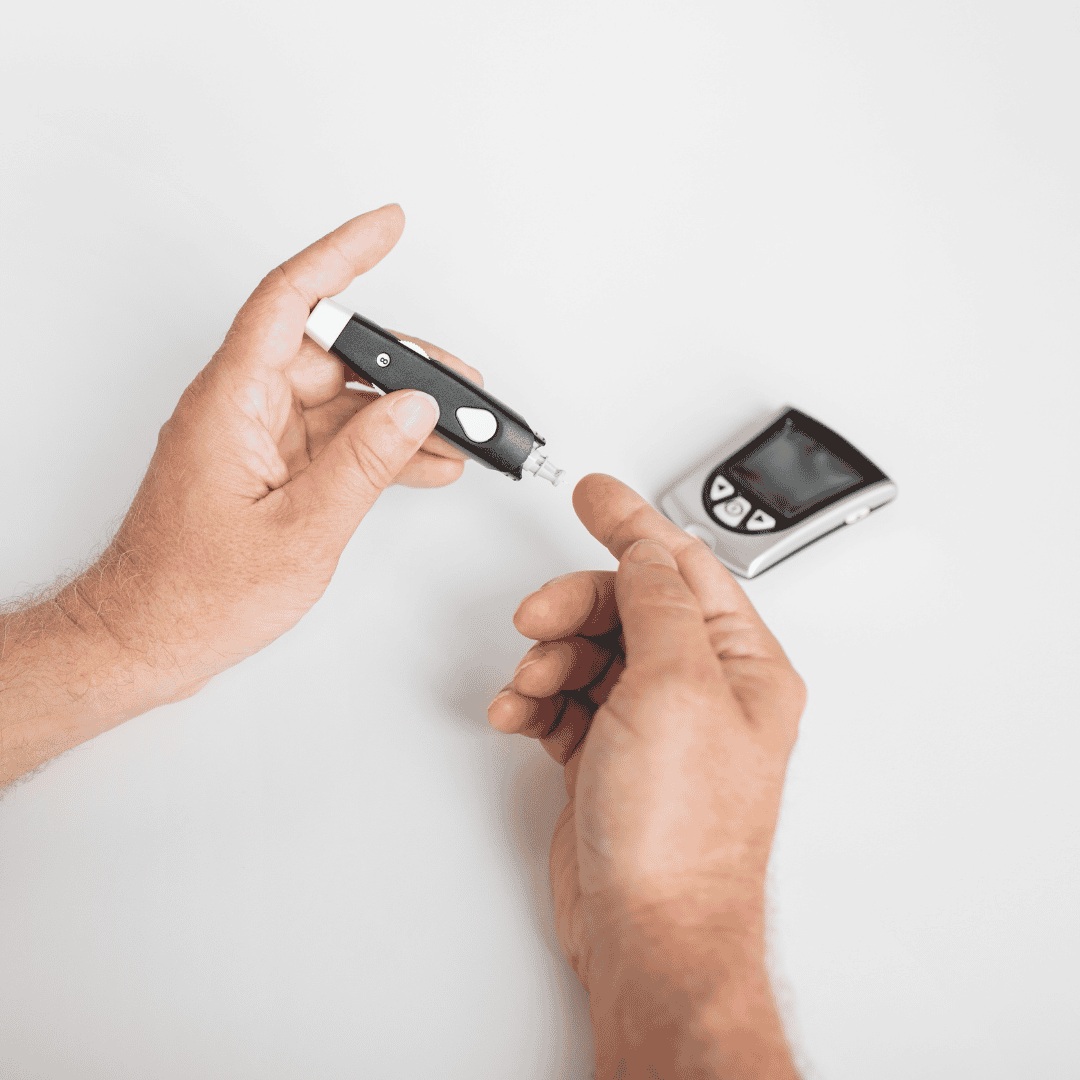

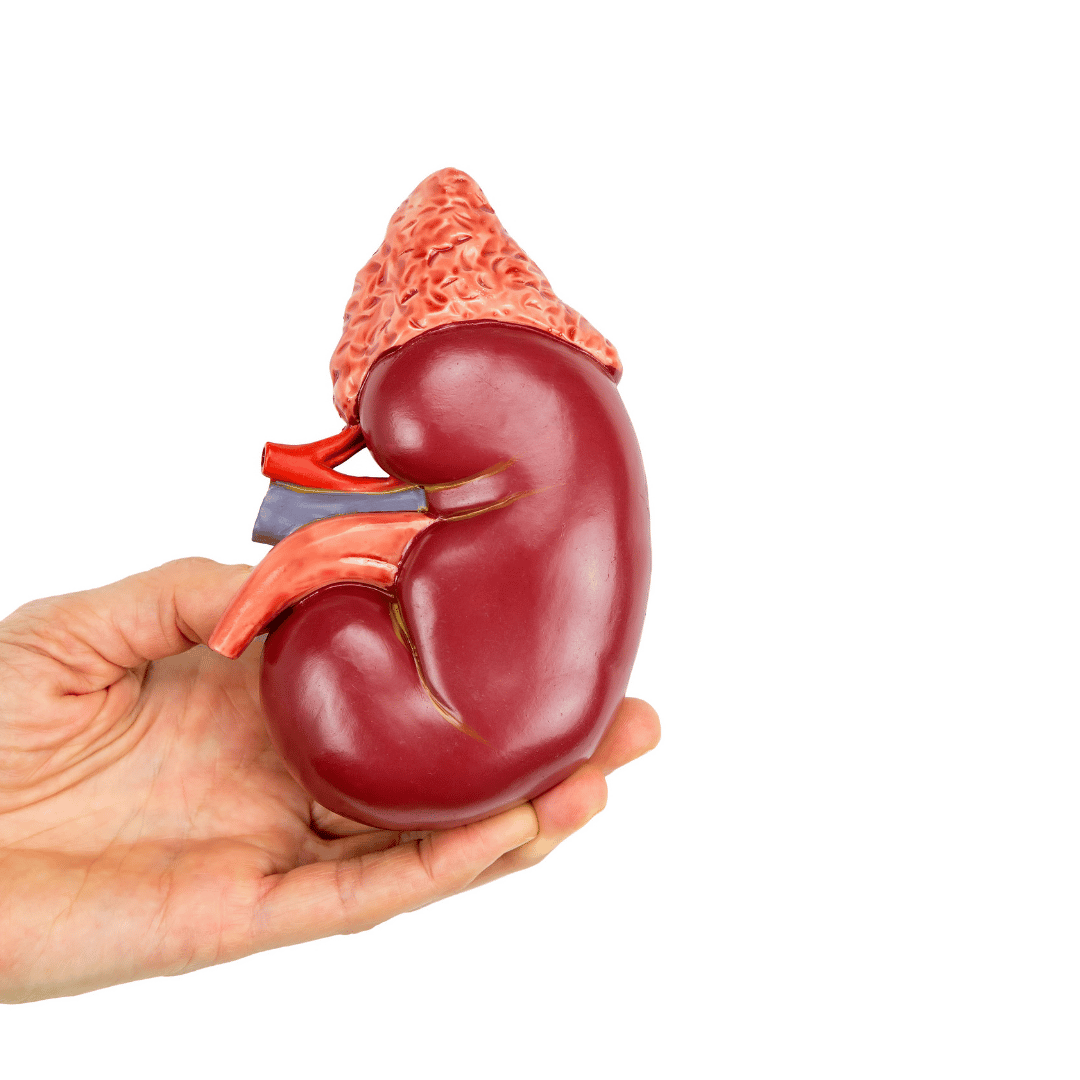
.png)

.png)
.png)
